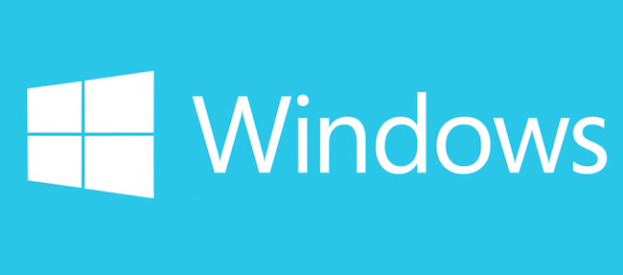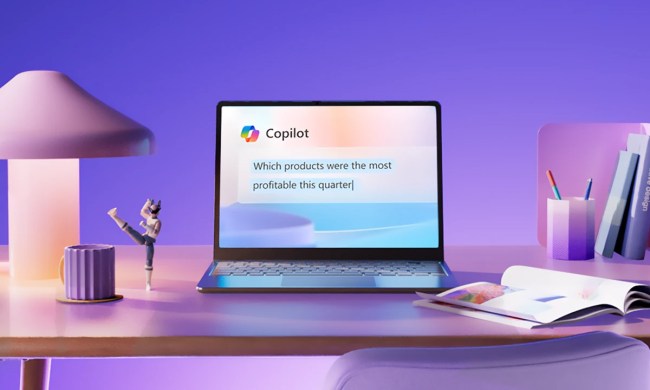
For the first time since reports about its new operating system surfaced, Microsoft has openly acknowledged the existence of Windows Blue to the public. In a blog post, Microsoft Vice President of Corporate Communications, Frank X. Shaw, wrote about how the company is “working together on plans to advance [their] devices and services,” calling “Blue” an internal code name. What we’ve been calling Windows Blue for a while now will apparently be released as something else, perhaps Windows 9, as Shaw says chances are slim to none that the final product will hit the market with that name.
While a leaked early build of the new OS already gives us a pretty good idea of what it can do, Microsoft will talk about it at length at the company’s annual BUILD conference. The event, intended specifically for developers, will take place on June 26 to 28 at the Moscone Center in San Francisco. A public preview of the OS is also expected to be released in the future, but it’s not clear whether it will c0me before the OS demo at the BUILD conference.
If the final version of Windows Blue is anything like the leaked preliminary build, it will look very similar to Windows 8 but will feature several upgrades, including the capability to choose extra-small or super-sized live tiles, new gesture controls, and a 50/50 Snapped apps view option.


